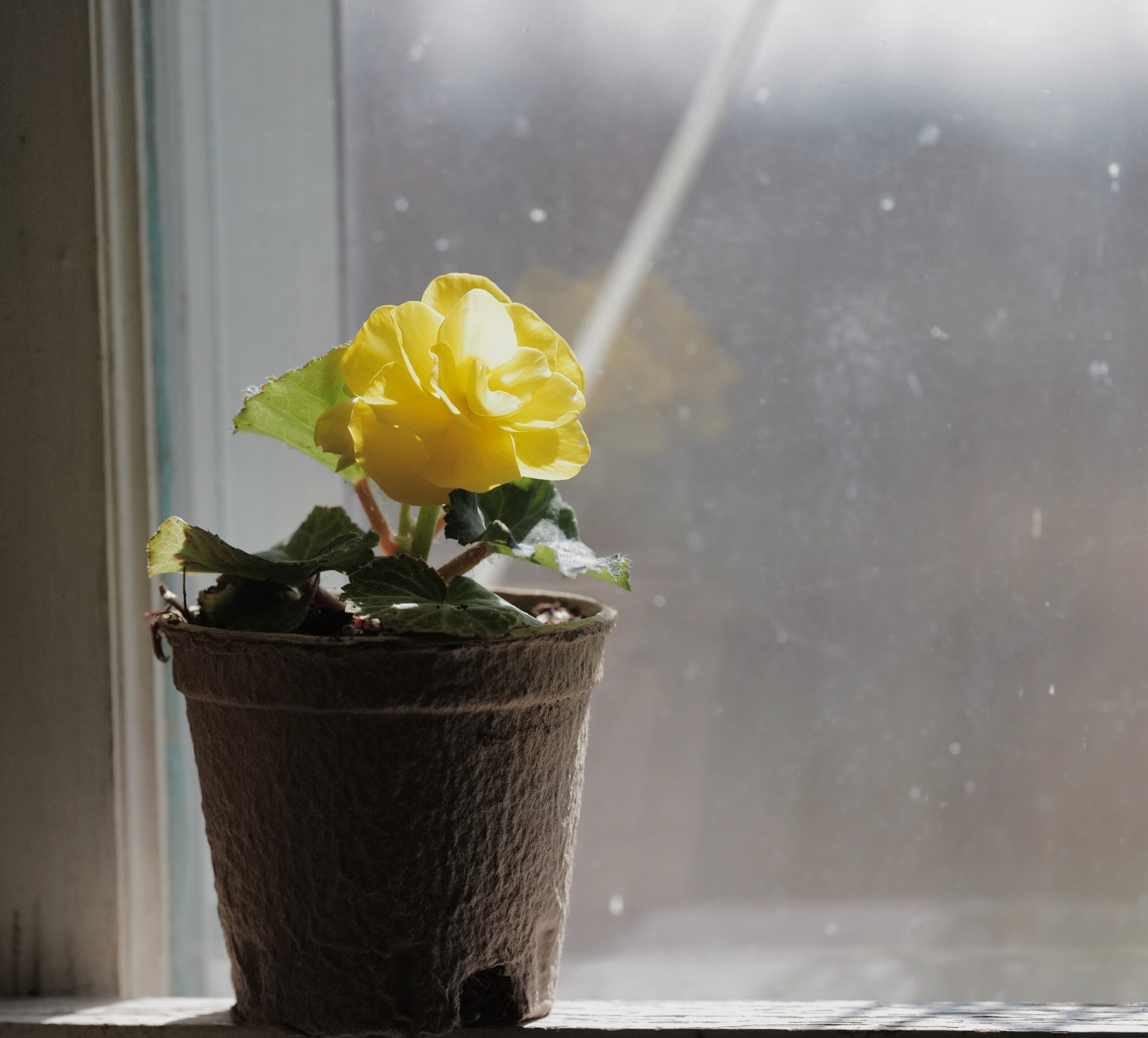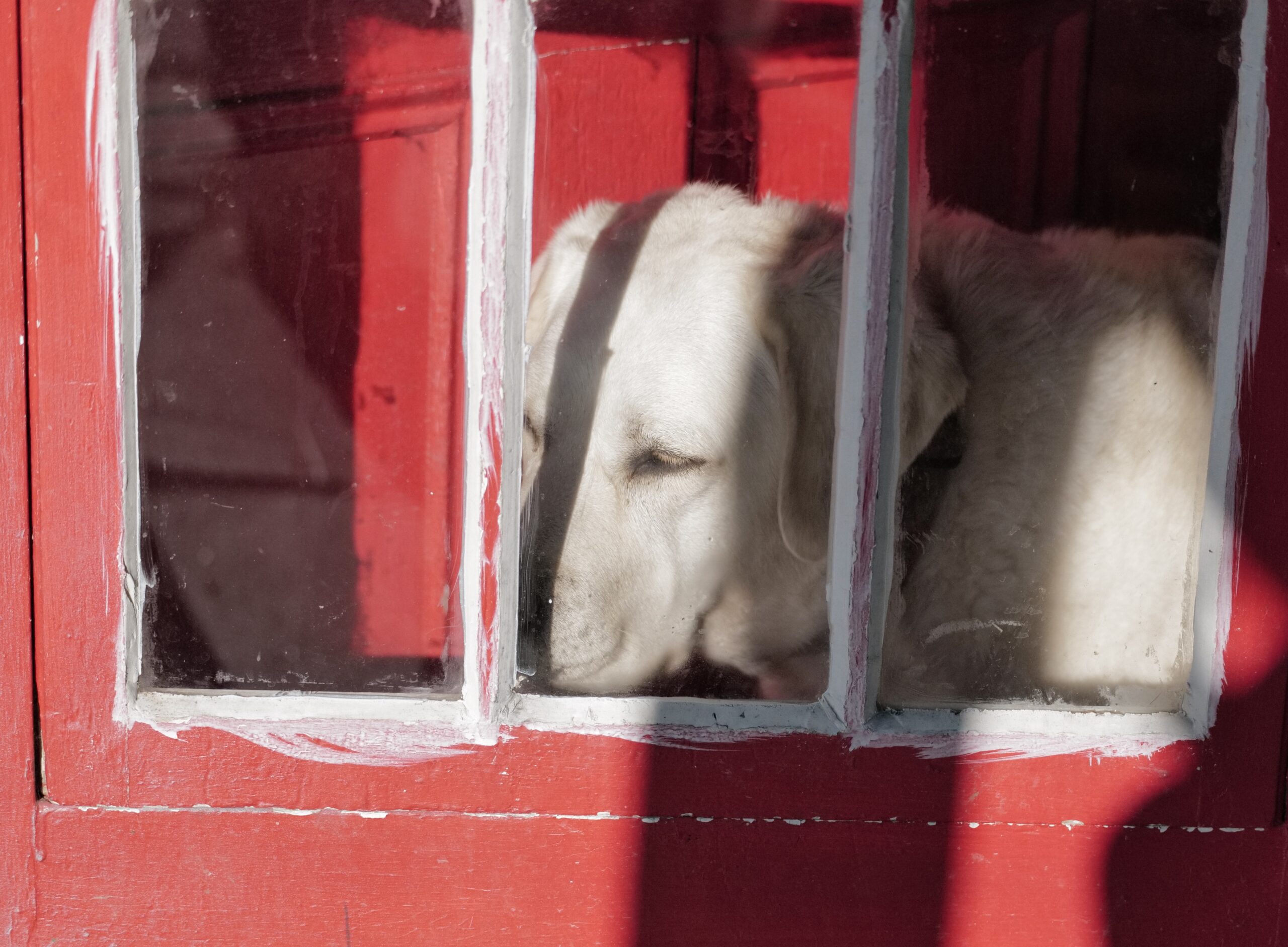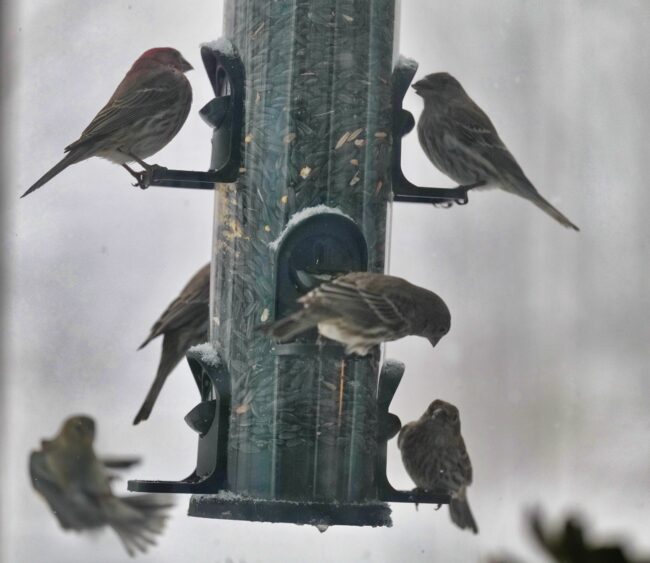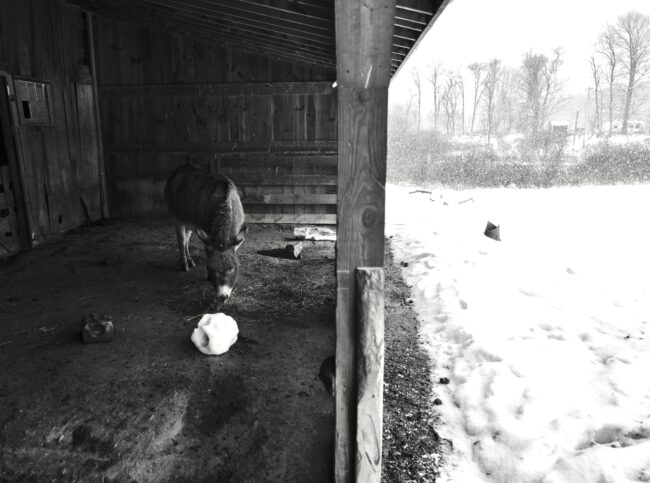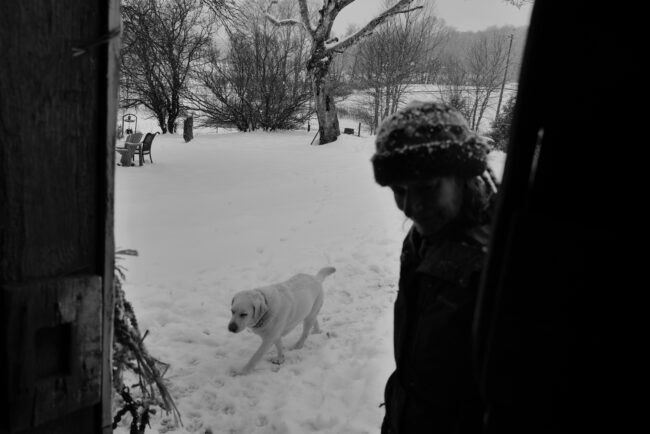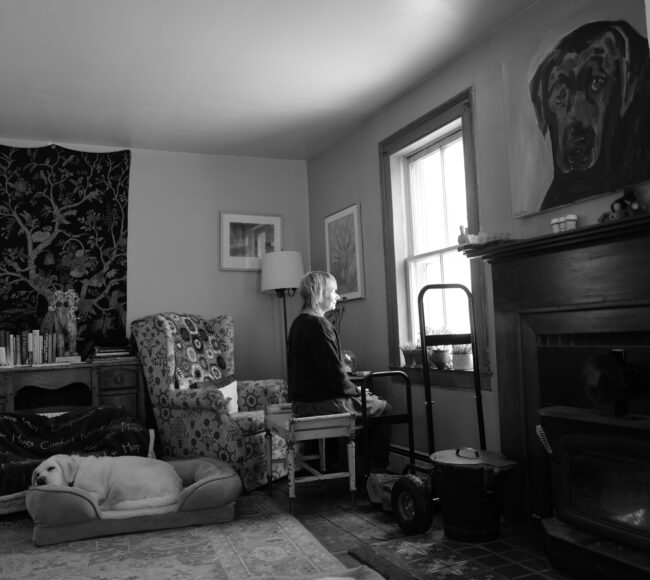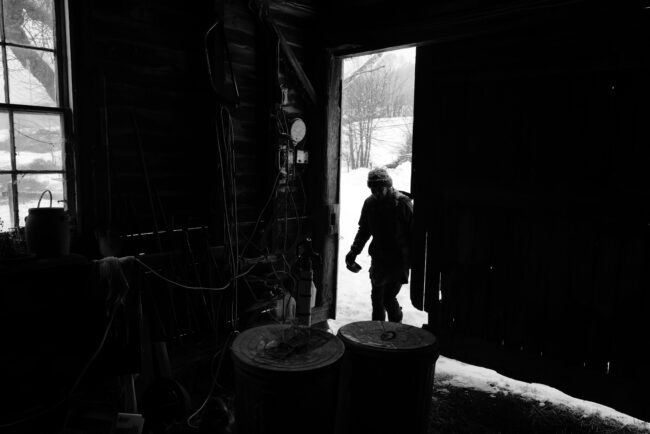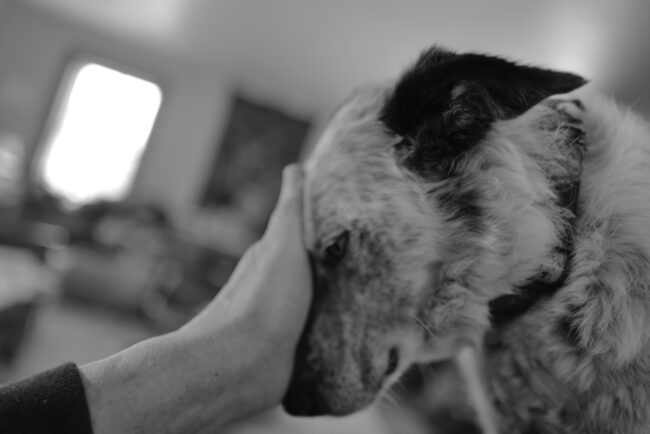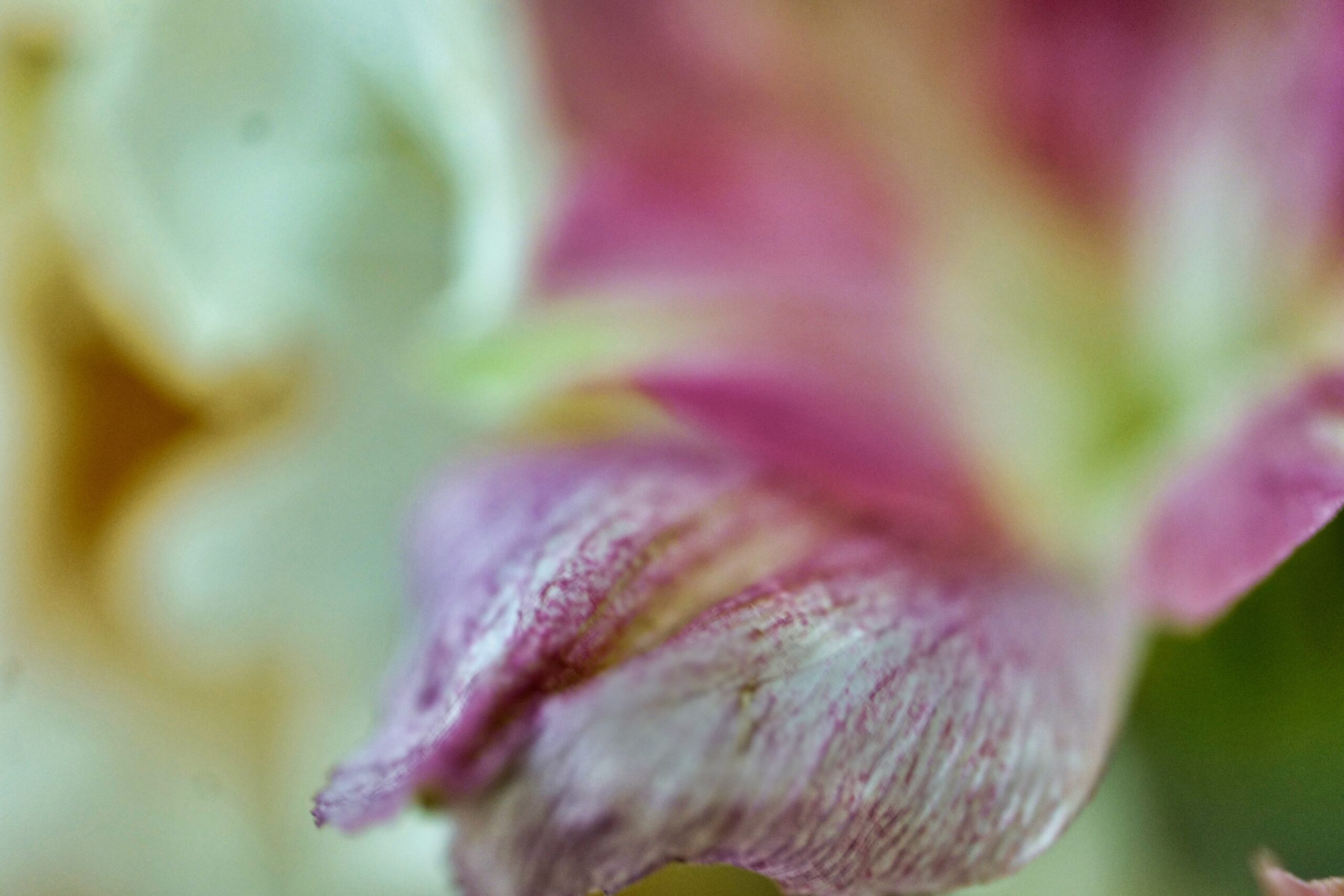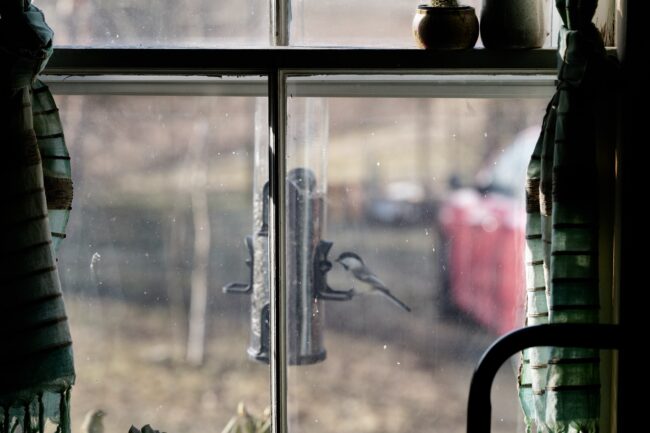When I think of the people who sent me and others what I call hate mail, I think of an older, unmarried person who lives alone, usually in a small apartment in a city. Two schools have researched trolls and hate mailers online and have invariably found that they have experienced physical, verbal, or sexual abuse in their lives, usually at home.
I wish I could offer links to these findings, but I won’t for obvious reasons. I don’t want to make a target of anyone else.
These messages changed and challenged me in many ways; perhaps the biggest realization was that none of these messages are really about me, the things I do or believe, or my animals.
Since the hate messengers don’t know me or have ever spoken to me, how could they know who they are attacking, for better or worse?
This realization helped me detach myself from them and pity the senders. They believe any kind of compassion or sincerity is false and contrived because they have never seen or experienced those things in their own lives. Someone like me, a genuine talker, cannot communicate successfully with them.
Almost all of the people researched and interviewed and who sent hate mail have experienced severe trauma of different kinds. Like soldiers in battle, events they hear or read about can trigger a painful and violent response, in this case, striking back at the world through e-mails and social media outlets.
One of those triggers is argument and challenge, which they perceive as more cruelty and abuse. Another is decisions about animals.
Their attacks on other people are rarely based on facts or reality, and although they feel passionate, their hate and rage are never based on facts or truth; those things don’t matter to them, and they don’t believe in facts or truth.
Instead, they reflect on their own complicated lives.
They are invariably poor and isolated socially (except for kindred spirits mostly online), and they suffer from different kinds of mental illness, abuse being the common denominator. People always ask me why others and I get these messages, and as a former journalist, I decided to answer the question rather than complain about it or be hurt by it.
Psychologists say cruel attacks on strangers online are a very reliable sign of mental illness in modern America and should be seen in that way. I hadn’t thought about it, but these are fearful cowards; they hide between pseudonyms, are never honest about who they are, and mostly run and hide when challenged.
We have almost no facilities in America to pay for or provide treatment for people like this, so they go without any real kind of care.
Since they can’t listen or absorb other people’s realities, arguing with or challenging them is unhealthy, even cruel. Any contact arouses them and inflames them.
They often focus their rage on sincerity, success, or prominence.
They identify closely with the treatment of animals since they have suffered themselves.
Many are drawn to the animal rights movement because they project their pain onto animals and see other people as cruel and abusive. This is an essential outlet for them; it allows them to ventilate and re-enact suffering in a way that brings them a sense of justice and revenge.
Test after tests show their illness involves an inability to listen, change their minds, or engage in rational discourse. One way or another, they are most often lashing out at a world that has been painful and hurtful. And there are no consequences for their cruelty or hatred, which makes them feel powerful and heard.
Learning this has completely altered my experience dealing with hate mail and thinking I am morally obliged to challenge and respond to it. I was wrong.
I’ve learned that genuine compassion regarding hate mail means ignoring it and not giving it nourishment or fuel. There is no way arguing with these broken people results in any good or resolution. They can’t hear it and can’t stop. They need advanced and continuous health care that they can’t afford and that governments don’t want to pay for.
I see that the messages have nothing to do with my life or the animals themselves, and I have learned to ignore them and rarely, if ever, respond. It was a hard lesson, but I’ve done my homework and figured it out. Understanding them has strengthened me; I am no longer stung or hurt by them.
I wanted to share my experience since hate mail is spreading all over social media, and many people – like me – are looking for ways to deal with it without becoming hateful themselves.
___
Part Two
America has changed radically since I began my blog in 2007. In the 40 years I wrote books (five best sellers, mind you), I never received a single hate letter, message, or e-mail from anyone. Disturbed and angry people have few outlets for their pain; social media has given them an enormous way to feel important.
Over time, many people have disliked or been annoyed by me; I can’t recall anyone who hated me. In modern digital America, many people profess to hate me, and I’ve never met, seen, or spoken to a single one of them.
It took some getting used to.
This is the story of how I figured out how to handle it in a healthy way. It will help the growing number of people with this experience.
(While this is about hate messaging, the overwhelming volume of messages I get are positive and supportive. They are often thoughtful, courteous, and respectful, and I value them. I thank my readers for keeping me sane and confident while I have worked to sort this out.)
Hatred is new to me and strange to me. I learned early to fight back or perish. Now, I am learning how not to fight back and prosper. It’s a significant change.
What makes me better is thinking about it, going inside, and never joining the fray.
Sometimes, when people are attacked, they fall apart. Other times, it forces them to go deep inside themselves and get stronger. And sometimes they return the hate. That is the one thing that never works.
Writing books about animals was never considered controversial when I did it, and when I toured bookstores nationwide, I always received good reviews, welcoming bookstores, packed crowds, and warm receptions. I had no clue as two what was coming.
I first encountered the savage ethos of the animal rights world when I put down my border collie Orson after he bit three people, including a child, in the neck. The sight of that child bleeding from his throat haunts me still.
I promised myself I would never have a dog who might do that again or put any living thing in that position. Nor would I contain an active border collie in a crate or kennel for the rest of his life.
I thought it was nobody’s business but mine, but I still needed to grasp the new America, where social media has made everybody’s business everybody else’s business. And where the manners I was taught do not apply.
That was an isolated incident for me. The shock wore off, and I went about my life and began plotting my blog. I didn’t understand that the assaults had nothing to do with me or with Orson. I was a stand-in for people who had harmed them.
I heard only kind words from readers, especially after a movie was made about one of my books, A Dog Year, starring Jeff Bridges (who was hired because he looked like me). My books were not runaway hits but did well and made me mildly famous.
I did interviews nationwide, receiving a lot of praise for them. On those many road trips, I never once encountered hatred face-to-face.
I was slow to grasp the implications of the coming hatred movement. I was born and raised to tell the truth, and I somewhat naively expected that other people would tell the truth or at least try. I didn’t see that it was becoming too easy to lie about people and attack them.
The messages foretold the future, although I didn’t know it. I don’t mean for this to be another political stewing, but my experience of hate mail began with Trumpism’s national movement of hatred and grievance. He knew much better than I did how fearful, angry, and vengeful so many people were and are. Suddenly, hating others and lying was okay, even a path to success and power.
Today, the hatred movement has gone way past dogs and animal rights and to the top of the country’s leadership and beyond. Hating others is the new national mission in politics. Hate messages were ok.
___
Part 3
When I began my blog in 2007, I made three promises to myself and my readers: first, I would be as honest and authentic as I could be; secondly, I would be open about my life and not use my blog as a screen for selling books, as was the common practice then.
This was a radical idea at the time. Very few people were doing it, especially with pictures, and my publishers assured me it would be catastrophic for my work and career.
And third, I would focus on writing every day rather than using my time to obsess over grammar and spelling. To my surprise, I wanted the blog to have something new and exciting daily, a formula that worked.
I have never cared about grammar or spelling, nor did my editors. Random House didn’t care about typos, and strangers I had never met complained loudly and bitterly. Typos were never a big meal for me, a confused Dyslexic.
I write too much to proofread my work thoroughly, and my expensive proofreading software is dumber than I am.
I am Dyslexic, as many of you know, but I have never spelled well, learned much about grammar, or thought it necessary. That is why God made editors; it just doesn’t matter to me. I have no trouble making myself clear.
In 2016, I launched the Army Of Good, a way for me to focus on doing good rather than arguing and buying into the hatred online that was already beginning to emerge.
Donald Trump had by then opened Pandora’s Box and let all the demons out. Haters finally have a place to go, and they are unchecked and untreated.
I have always been outside the mainstream. I like to think for myself, not for academics or extremists on the left or the right. I enjoy arguing and considering disagreements. Many people don’t like that, and some hate me.
However, disagreements differ from hatred, and the boundary between the two has declined yearly since 2016. Many people no longer know the difference.
People have always disagreed with me (every day, someone sends the strange message, “Even though I often disagree with you, I love your blog.”)
I’ve always struggled to understand this, as I only read writers, bloggers, and pundits with whom I beg to differ. No writer with whom I have never disagreed is worth reading for me. Ask anyone who knew me – to know me is to disagree with me, usually about many things.
What can you learn from people you only agree with? Nothing. What could I learn from hatred? Even less.
My blog is about as controversial as a pancake these days, yet I sometimes feel like one of those lunatics in Congress. There is a hatred for sincerity, authenticity, and do-gooding. It is always considered false or corrupt by the hate messengers. They don’t seem to know what it is.
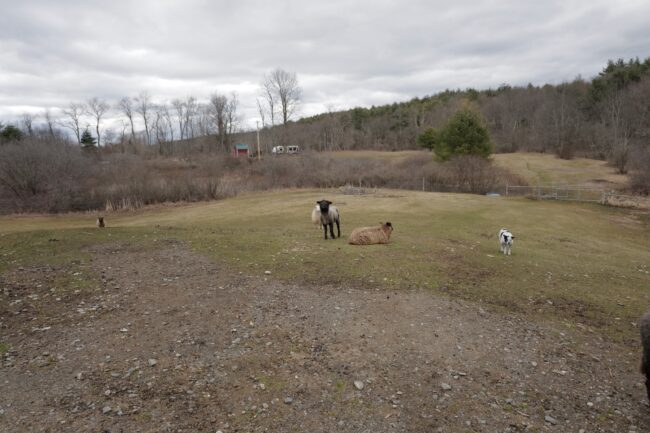
___
How did I deal with this onslaught of hatred? What has it taught me, and what have I learned from it?
I’ve learned a lot about how to live in a sea of hate.
I’ve learned that the real haters project their fears and anger onto people they see as powerful and successful.
They hate sincerity, in particular, or admissions of change.
I have mostly learned to delete these people on sight.
I knew that they live to hurt and gain attention, and the more I thought about it, the more they seemed to mimic awful things that had been done to them.
I see them needing compassion and pity more than anger since they do not live in reality or the once-civilized world of engagement. One of the awful things about the digital revolution is that people no longer need to speak to one another, so they never get to know one another.
Conflict – and often, lies and delusion – are the language of social media. Since we rarely see other people in social or political settings any longer, we have come to hate anyone who is an “other.” That includes liberals, political opponents, public officials, nurses, postal employees, store clerks, and teachers.
We are becoming a nation of haters, complainers, and victims. People on one side are never permitted to believe people on the other.
The extremist left is just as responsible for this as the extremist right, although few will admit it. Listening is so rare that it is considered newsworthy.
Compassion is essential, and it is the foundation element of happiness. The less angry I am, the happier I am. I do feel sorry for people who can’t feel that, and people who can feel it don’t send hate messages to strangers on computers.
Yesterday, I got this message from Peter Worthington When I supposedly left an “I” out of a Calla Lili.
“Your spelling is nuts,” Peter wrote. “you take pictures of flowers and yet can’t spell a simple word like “lily.”
I was amazed that I even picked that up. Second, I never realized that taking pictures of flowers would cure my Dyslexia and enhance my spelling skills. If only I had known.
The message is revealing and is thus worth sharing. At no point did I encounter or expect a stranger to write such a rude, ignorant, and ridiculous message. I’m still getting used to it.
How has this changed me?
Oddly enough, for the better. At first, I tried arguing with these people, a foolish and myopic mistake. Then I tried reasoning with them, even more pointless.
I also tried using them as teaching tools to rebuff and challenge their dishonesty and cruelty. The messages did hurt, after all. I realized that they live to hurt, not inform; it’s the point of their messages.
I started thinking I was lucky not to be like them, lucky to want to value civility and decency, and proud to try to be compassionate and empathetic. I wanted to be better than this.
As I delved deeper into my spiritual exploration, I also realized that the real problem was my anger, not theirs. They aroused the worst parts of me, and I had begun to hate them.
I don’t want to hate people. It’s how I wish to live my life now, especially since I see so much of it all around me. Instead of fighting with them, I prayed for them and their shattered spirits: I meditated, talked to a shrink, and took a hard look at myself.
Most of the anger is gone, and most of the hurt. If you think about it, it’s impossible to take it seriously. I realized that I had some sensitivities and anger inside of me that needed treatment and acknowledgment.
It’s important to remember that the real haters can’t help it; they are like dogs going after warm marrow bones.
Broken people, I’ve read, are drawn to the internet mainly because they have been mistreated, often cruelly, themselves.
They need help, as I did, and should be pitied, not enabled or given microphones to shout their unhappiness and cruelty.
I realized I have never met, seen, or heard a hateful person laugh, find joy, or be happy.
I am happy, and I find joy every day. How sad that they could hurt me. How good that I figured out how to deal with it.
I wanted a different path. Thanks to my spiritual work, I was able to shed my anger. I got some software that blocked hateful messengers and deleted them.
There weren’t as many as I thought, and while the messages still come in, they are shrinking in number; there is nothing in it if I don’t show hurt or give them a voice. As my anger and hurt have receded, so has their anger and hurt. They look elswhere for feeding.
And they have made me a happy and contented man.
This hatred is universal, not personal. It can and will happen to anyone who puts themselves out there openly.
Everyone I know or read about online gets hate mail now, as corporations and most websites pretend it isn’t happening and ignore it. People often trade hater messages with one another as jokes.
The people who live in a world of anger and grievance – poor them – finally have a leader. I am not a political person and don’t need to Trump bash. But I can’t help but link him to the rise of this kind of hatred.
So, the future is up to me. I can either trade in anger or trade-in compassion and good works. They didn’t chase me off my blog, and they won’t, which leaves me feeling very good.

